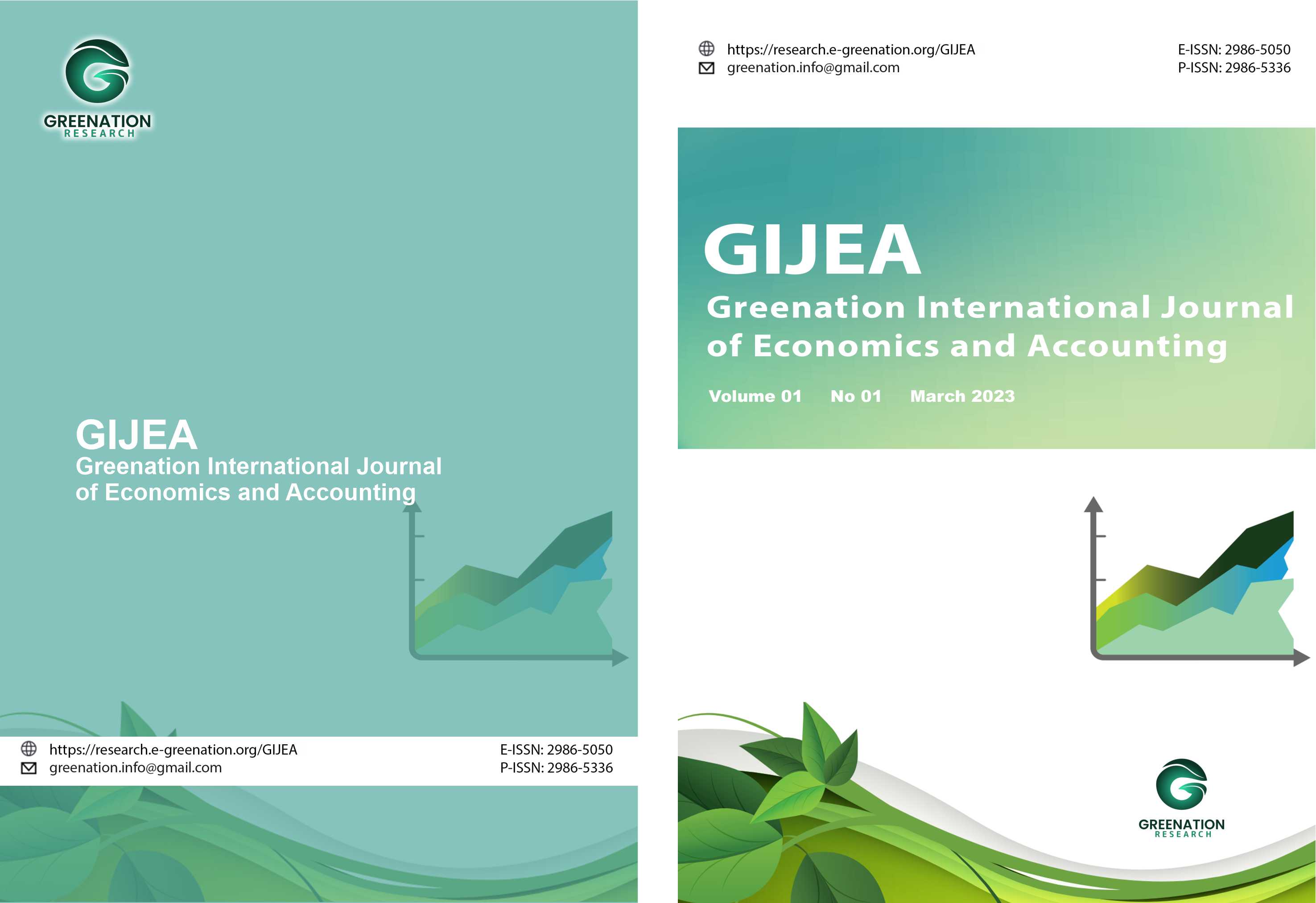The Influence of Interpersonal Communication and Utilization of Information Technology Through the Quality of Public Services on Public Satisfaction at the Population and Civil Registry Service of West Tanjung Jabung Regency
DOI:
https://doi.org/10.38035/gijea.v3i2.505Keywords:
Interpersonal Communication, Technology Utilization, Public Service Quality, Public SatisfactionAbstract
This study aims to describe interpersonal communication, technology utilization, public service quality, and public satisfaction, as well as to determine and analyze the influence of interpersonal communication and information technology utilization through public service quality on public satisfaction at the Population and Civil Registration Office of West Tanjung Jabung Regency. This type of research uses descriptive verification research. This study uses the PLS analysis method. The results of the study indicate that interpersonal communication, information technology, and public service quality play an important role in increasing public satisfaction at the Population and Civil Registration Office of West Tanjung Jabung Regency. Interpersonal communication has been proven to improve the quality of public services while encouraging increased public satisfaction. Likewise, the use of information technology contributes positively to strengthening service quality and has an impact on public satisfaction. In addition, the quality of public service itself has a strategic role as a factor that mediates the influence of interpersonal communication and information technology on public satisfaction, so it can be concluded that the better the communication, technology utilization, and service quality provided, the level of public satisfaction will also increase.
References
Abdillah, W., & Jogiyanto, H. M. (2015). Partial Least Squares (PLS): Alternatif Structural Equation Modeling (SEM) dalam Penelitian Bisnis. Yogyakarta: Andi.
Agustina, T. (2019). Pelayanan Publik dalam Perspektif Kepuasan Masyarakat. Jakarta: Prenada Media.
Arifin, S. (2019). Implementasi e-Government dalam Pelayanan Publik di Indonesia. Jurnal Administrasi Negara, 15(2), 112–125.
Bahrudin, A., & Zuhro, R. (2016). Kepuasan Pelanggan dalam Konteks Pelayanan Publik. Yogyakarta: Deepublish.
Creswell, J. W. (2017). Research Design: Qualitative, Quantitative, and Mixed Methods Approaches. SAGE Publications.
Dwiyanto, A. (2017). Reformasi Birokrasi Publik di Indonesia. Yogyakarta: Gadjah Mada University Press.
Firmansyah, R., & Rosy, A. (2021). Kualitas Pelayanan Publik sebagai Indikator Kinerja Birokrasi. Jurnal Ilmu Administrasi, 18(1), 45–56.
Ghozali, I., & Latan, H. (2015). Partial Least Squares: Konsep, Teknik, dan Aplikasi Menggunakan Program SmartPLS 3.0. Semarang: Badan Penerbit UNDIP.
Hair, J. F., Hult, G. T. M., Ringle, C. M., & Sarstedt, M. (2014). A Primer on Partial Least Squares Structural Equation Modeling (PLS-SEM). Sage Publications.
Kotler, P., & Keller, K. L. (2016). Marketing Management (15th ed.). Pearson Education.
Kurniawan, A. (2015). Birokrasi dan Pelayanan Publik di Era Reformasi. Bandung: Alfabeta.
Liliweri, A. (2016). Komunikasi Antarpribadi. Bandung: Remaja Rosdakarya.
Mulyana, D. (2018). Ilmu Komunikasi: Suatu Pengantar. Bandung: Remaja Rosdakarya.
Nazir, M. (2014). Metode Penelitian. Jakarta: Ghalia Indonesia.
Pratama, H., & Puspasari, N. (2020). Pemanfaatan Teknologi Informasi untuk Good Governance. Jurnal Transformasi Administrasi, 12(3), 88–101.
Rahmat, J. (2017). Psikologi Komunikasi. Bandung: Remaja Rosdakarya.
Ramadhani, R. (2021). Manajemen Publik Modern: Inovasi dan Kolaborasi Lintas Sektor. Jakarta: Kencana.
Sudirman, Osrita, & Zahari. (2020). Metodologi Penelitian Kuantitatif. Padang: UNP Press.
Sugiyono. (2019). Metode Penelitian Kuantitatif, Kualitatif, dan R&D. Bandung: Alfabeta.
Sulaeman, R. (2019). Transparansi dan Akuntabilitas dalam Manajemen Publik. Jurnal Administrasi Publik, 14(2), 21–29.
Susanto, A., & Nugroho, B. (2017). Digitalisasi Layanan Publik: Strategi Menuju Efisiensi Birokrasi. Jurnal Kebijakan Publik, 9(1), 33–47.
Umar, H. (2014). Metode Penelitian untuk Skripsi dan Tesis Bisnis. Jakarta: Rajawali Pers.
Wahyudi, A. (2017). Teknologi Informasi dan Akuntabilitas Birokrasi. Jurnal Ilmu Pemerintahan, 5(1), 56–70.
Downloads
Published
How to Cite
Issue
Section
License
Copyright (c) 2025 Siska Diniati.Z, M. Zahari, Osrita Hapsara

This work is licensed under a Creative Commons Attribution 4.0 International License.
Copyright :
Authors who publish their manuscripts in this journal agree to the following conditions:
- Copyright in each article belongs to the author.
- The author acknowledges that the GIJEA has the right to be the first to publish under a Creative Commons Attribution 4.0 International license (Attribution 4.0 International CC BY 4.0).
- Authors can submit articles separately, arrange the non-exclusive distribution of manuscripts that have been published in this journal to other versions (for example, sent to the author's institutional repository, publication in a book, etc.), by acknowledging that the manuscript has been published for the first time at GIJEA.
























